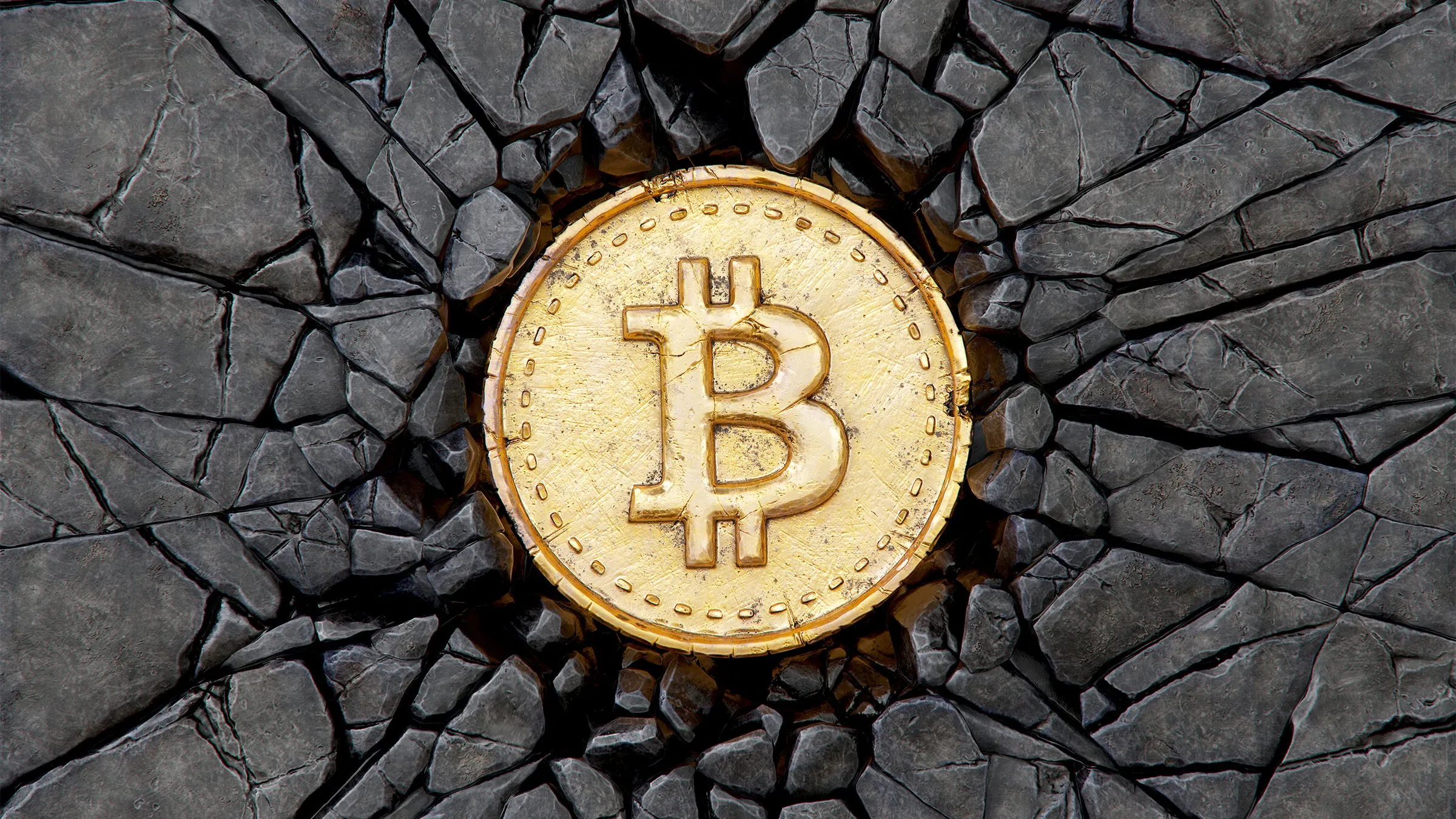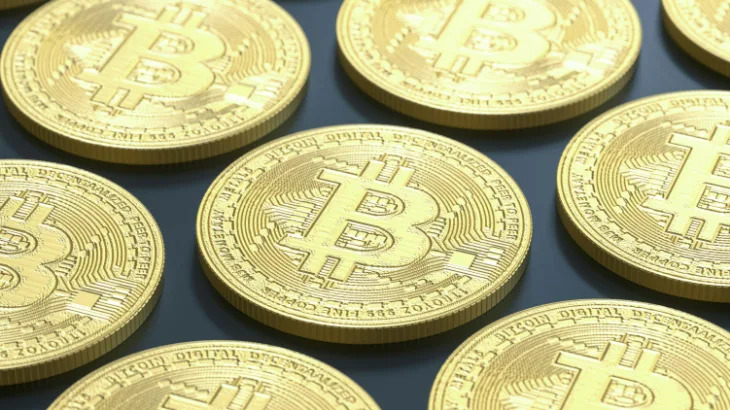This story was originally published on CFO Dive . To receive daily news and insights, subscribe to our free daily CFO Dive newsletter .
Dive Brief:
Dive Insight:
T he Federal Reserve on Jan. 29 held the benchmark interest rate steady amid concerns that Trump administration plans for tariffs, deregulation, mass deportations and tax cuts may spur inflation in coming months. At the same time, Fed officials have said for several weeks that they deem inflation expectations stable .
“Longer-term inflation expectations, typically a guide to future inflation, are mostly at healthy levels,” Atlanta Fed President Raphael Bostic said in a report Thursday.
Bostic noted that in December, for the first time in four years , respondents to the Atlanta Fed Business Inflation Expectations survey said they expect unit costs to rise on average just 2% during the following 12 months.
Consumers currently are much less optimistic, the University of Michigan found in its survey.
Long-run inflation expectations rose to 3.5% this month from 3.2% in January in the largest month-over-month increase since May 2021 and well above the 2.3% to 3% range during the two years prior to the pandemic, Hsu said.
Expectations for inflation during the year ahead jumped from 3.3% last month to 4.3% this month, she said. The increases for both short- and long-term inflation expectations “were widespread and seen across all income and age groups.”
Roughly 40% of consumers spontaneously cited the impact from tariffs this month, compared with 27% in January and less than 2% prior to the November presidential election, Hsu said.
Sentiment among U.S. businesses also plunged this month, hitting a 17-month low , S&P Global said Friday, citing its Flash U.S. PMI Index.
“The upbeat mood seen among U.S. businesses at the start of the year has evaporated, replaced with a darkening picture of heightened uncertainty, stalling business activity and rising prices,” Chris Williamson, chief business economist at S&P Global Market Intelligence said in a statement.
“Companies report widespread concerns about the impact of federal government policies, ranging from spending cuts to tariffs and geopolitical developments,” he said. “Sales are reportedly being hit by the uncertainty caused by the changing political landscape, and prices are rising amid tariff-related price hikes from suppliers.”
The survey, which indicated late last year that the U.S. economy would expand more than 2% in 2025, now signals just 0.6% growth for the year, Williamson said.
The New York Fed’s Empire State Manufacturing Survey also highlighted flagging confidence and greater inflation risk .
“Input price increases picked up to the fastest pace in nearly two years, and optimism about the outlook dropped noticeably,” Richard Deitz, an economic research advisor at the New York Fed, said in a statement. The district bank conducted the survey from Feb. 3 through Feb. 11.
Recommended Reading





